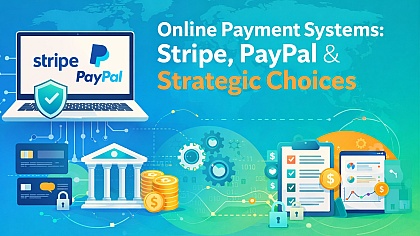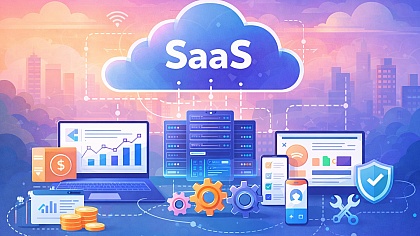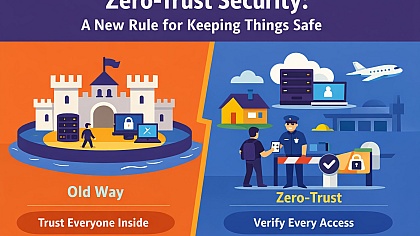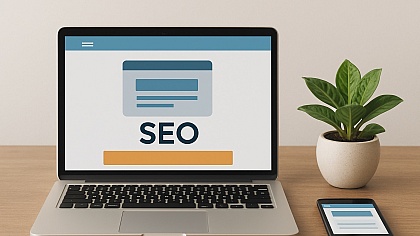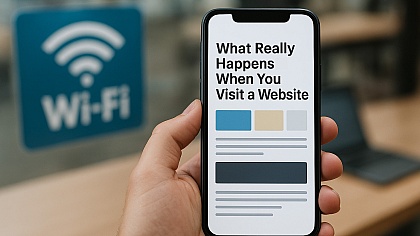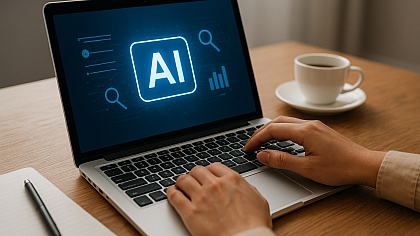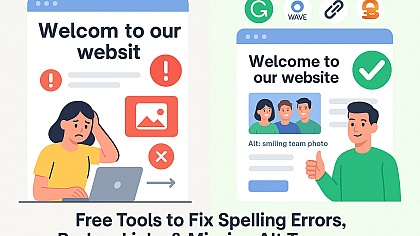How Does Cybersecurity Affect SEO

You may not realize it, but SEO and cybersecurity services interrelate with one another in quite a few ways.
For example, if you’re an SEO professional or your business is online, you may not be worried about the latest developments in Zero Trust frameworks or how to make sure your employees and freelancers are securely connecting to your assets, but you should be.
Google does take security and safety into account with rankings. Maybe it’s not as important in terms of being a ranking signal as something like your content or your link building, but you can’t afford to ignore it.
Having at least a general understanding of what’s going on in the world of cybersecurity can have an impact on SEO in the following ways.
Compromised Sites Might Be Penalized
Search engines do check websites for phishing attacks, malware, and other potentially damaging software that could create a negative user experience.
That’s the entire goal of Google when it comes to choosing what to rank - they want the best possible user experience when people are searching for something.
If you’re putting a user’s security at risk, then obviously, that’s not the best possible experience for them. You’re not only impacting their overall experience but potentially creating the risk of data theft for them. This is one reason SSL certificates are a ranking factor.
If an error page is discovered, search engines often penalize it as well.
If Google identifies DDoS attacks or ransomware, there will be a Manual Action issued to the site. Manual Acts can affect rankings significantly and could even lead to a site being removed altogether.
This will affect your visibility and your reputation. People either won’t be able to find your site, or they’ll get a search engine warning.
Even if you’re not manually penalized by Google, there are going to be effects of something like a malware attack on your SEO performance.
We’ve touched on this above, but the idea here is that whenever your site performance is negatively affected, there are numerous ways it’s going to impact the UX. If malware is directing your visitors somewhere else, then it’s going to affect your click-through rate, just one example.
Your click-through rate is, of course, a relevant factor.
Cyberattacks Can Destroy Your Technical SEO

Technical SEO is the parts of your site design and architecture that allow search engines to crawl it.
If you’re facing a cybersecurity issue, then your technical SEO can be ruined. For example, if you’re the victim of a hacker, it can mean that your traffic is then directed to third-party servers. Your visitors might get an Error 404, for example.
Then, they leave your site and go elsewhere.
Even worse would be a site that’s the victim of an attack that targets your customers or visitors. This is done by changing content to include either new pages or outbound links. These are all effects that are going to be detrimental not only to user experience but also to the work you’ve done on technical SEO.
Duplicate Content
When your content appears elsewhere on the internet, it’s an issue. Duplicate content can impact your SEO performance in multiple ways.
First, Google might not recognize which version is the original, so the other party’s content could be indexed rather than yours, even if the content was originally unique to your site.
A search engine won’t know whether to direct any metrics related to links to one page or both. It’s confusing for the search engine to figure out which duplicated page should rank.
So what does this have to do with cybersecurity? There are different ways your content can be duplicated, but one is by web scraping or content scraping bots.
You need to protect your content with a bot detection solution.
Page Speed
Google says that more than 50% of visitors to a website will bounce if it takes more than three seconds to load. A high bounce rate is harmful to your SEO performance, and Google confirms they use page speed as a ranking signal.
Your page speed is the total time it takes to get the first byte of information from the server.
If there’s harmful bot activity, DDoS attacks, or malware infections going on, it can affect your site speed performance.
How Can You Protect Your Site?

There are a lot of things you can do to prevent cybersecurity threats from diminishing your rankings and undoing the hard work you’ve put into search engine optimization.
Some of the following are general ways to protect your site, particularly in terms of things that could negatively affect your SEO performance.
- Using a bot-detection solution can be helpful.
- Make sure your hosting provider is secure and high-quality. For example, if you’re using a free hosting service and there’s a DDoS attack, you may not have adequate protection from bot activities and malware. Your hosting solution needs to give you features geared toward privacy and security.
- Work to avoid human error. Human error is one of the biggest reasons for cybersecurity issues. For example, your employees, freelancers, and contractors need to understand the importance of using strong, unique passwords. You might want to use an identity and access management solution so that even if credentials are compromised, hackers won’t be able to infiltrate your site. You should train your employees to avoid phishing and how to recognize the red flags of a possible attack.
- Audit your website regularly. You can use malware-scanning options to scan your site.
- Update everything regularly to make sure there aren’t security vulnerabilities that have been fixed through patches.
There are a variety of ranking factors in search engine optimization that are related to the security of a website, from your SSL certificate to your page speed and whether or not your site is affected by malware. If you’re an SEO professional, make sure that you’re also making time to incorporate best security practices.
You need to train everyone you work with and invest in solutions that will protect your site, your visitors, and your rankings.



